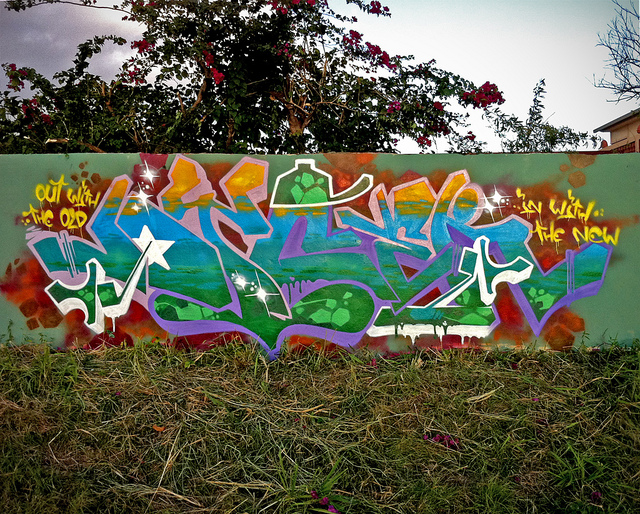The wider degrowth-community is asked to participate in a short survey on sustainable mobility which should not take more than 10-15 minutes: The results will be used as a part of Justin Hyatt´s academic work at the Institute for Housing and Urban Development Studies (IHS), Erasmus University, Rotterdam (Netherlands). It is also intended to publish and widely disseminate a separate report.
Please also help by forwarding this survey in your network! The more answers are received - also from different parts of the world - the stronger and more powerful the final results will be.
Last month a group of academics working in the fields of development and environmental sciences in the Netherlands wrote a manifesto for post-corona recovery based on degrowth principles. This initiative gained widespread attention, pushing the degrowth agenda into (Dutch) mainstream consciousness and the traditional corridors of power. The initiative was born in conversations that various a...

In the 1980s, cities were defined as the ‘growth machines’ of the economy (Molotch, 1976). Today, urban economists epitomize them as economic ‘triumphs’ (Glaeser, 2011). Cities, intended as dense and mixed forms of urban living organized in agglomerations of economic activities, are presented as the solution to many of contemporary socio-ecological problems. They are viewed as the location of t...

By Nafeez Ahmed Worried about the shit hitting the fan on climate change and other major crises? Good. Because those crises prove that civilization is in the midst of a phase shift to new forms – and we’ve got the opportunity, right now, to ride the wave of five interlinked revolutions in information, food, energy, finance and ethics, to co-create a new way of being that works for everyone. I...